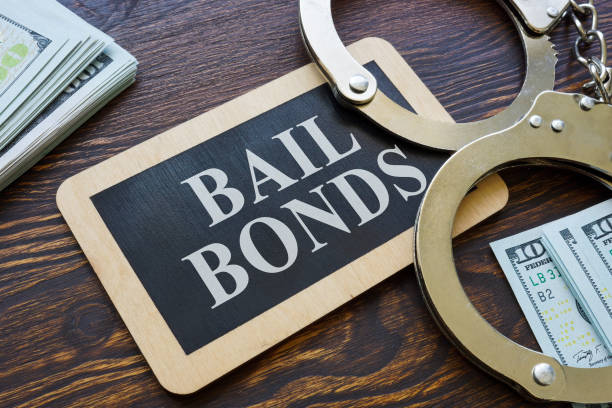When a lot of people imagine bonds, it's 007 that comes to mind and which actor they have preferred over time. Bonds aren’t just secret agents though, these are a form of investment too.

Exactly what are bonds?
In simple terms, a bond is loan. When you purchase a bond you're lending money towards the government or company that issued it. To acquire the loan, they'll present you with regular charges, together with original amount back after the word.
As with every loan, there's always danger how the company or government won't pay out the comission back your original investment, or that they'll fail to maintain their interest payments.
Buying bonds
While it's practical for you to buy bonds yourself, it isn't really the best action to take and yes it tends require a lots of research into reports and accounts and stay fairly dear.
Investors could find it is far more straightforward to get a fund that invests in bonds. It has two main advantages. Firstly, your hard earned money is joined with investments from lots of other people, meaning it is usually spread across a variety of bonds in a manner that you couldn't achieve had you been buying your individual. Secondly, professionals are researching your entire bond market on your behalf.
However, due to the combination of underlying investments, bond funds don't always promise a hard and fast level of income, therefore the yield you will get may vary.
Learning the lingo
Whether you're deciding on a fund or buying bonds directly, you can find three key phrases which might be helpful to know: principal; coupon and maturity.
The primary may be the amount you lend the company or government issuing the call.
The coupon could be the regular interest payment you obtain for choosing the text. It's a hard and fast amount that is certainly set once the bond is disseminated and is also known as the 'income' or 'yield'.
The maturity could be the date once the loan expires and also the principal is repaid.
The different sorts of bond explained
There's 2 main issuers of bonds: governments and firms.
Bond issuers are typically graded as outlined by their capability to pay back their debt, This is whats called their credit worthiness.
A firm or government using a high credit standing is recognized as 'investment grade'. Which means you are less inclined to lose cash on their bonds, but you will probably get less interest at the same time.
At the other end from the spectrum, a firm or government using a low credit standing is regarded as 'high yield'. As the issuer features a greater risk of neglecting to repay your finance, a person's eye paid is usually higher too, to stimulate people to buy their bonds.
How must bonds work?
Bonds could be sold on and traded - just like a company's shares. Which means their price can go up and down, determined by numerous factors.
Several main influences on bond prices are: rates of interest; inflation; issuer outlook, and supply and demand.
Interest rates
Normally, when rates of interest fall so bond yields, nevertheless the price of a bond increases. Likewise, as interest levels rise, yields improve but bond prices fall. This is known as 'interest rate risk'.
If you wish to sell your bond and get a refund before it reaches maturity, you might need to do this when yields are higher expenses are lower, so that you would get back lower than you originally invested. Interest rate risk decreases as you become nearer to the maturity date of the bond.
As one example of this, imagine there is a choice between a checking account that pays 0.5% plus a bond that offers interest of a single.25%. You could possibly decide the call is a bit more attractive.
Inflation
Since the income paid by bonds is usually fixed at that time they are issued, high or rising inflation can be a problem, because it erodes the true return you will get.
For instance, a bond paying interest of 5% sounds good in isolation, in case inflation is running at 4.5%, the genuine return (or return after adjusting for inflation), is simply 0.5%. However, if inflation is falling, the text might be much more appealing.
You can find things like index-linked bonds, however, which you can use to mitigate the chance of inflation. Value of the borrowed funds of the bonds, and the regular income payments you will get, are adjusted in line with inflation. Which means that if inflation rises, your coupon payments and also the amount you will definately get back climb too, and the other way round.
Issuer outlook
Like a company's or government's fortunes may either worsen or improve, the cost of a bond may rise or fall as a result of their prospects. For instance, should they be dealing with a bad time, their credit rating may fall. The risk of a business the inability pay a yield or being not able to settle the main city is known as 'credit risk' or 'default risk'.
If a government or company does default, bond investors are higher the ranking than equity investors in relation to getting money returned for many years by administrators. For this reason bonds are usually deemed less risky than equities.
Demand and supply
If the large amount of companies or governments suddenly have to borrow, you will have many bonds for investors to select from, so costs are likely to fall. Equally, if more investors are interested to buy than you will find bonds available, cost is prone to rise.
More information about bail bonds New Haven you can check this web portal
